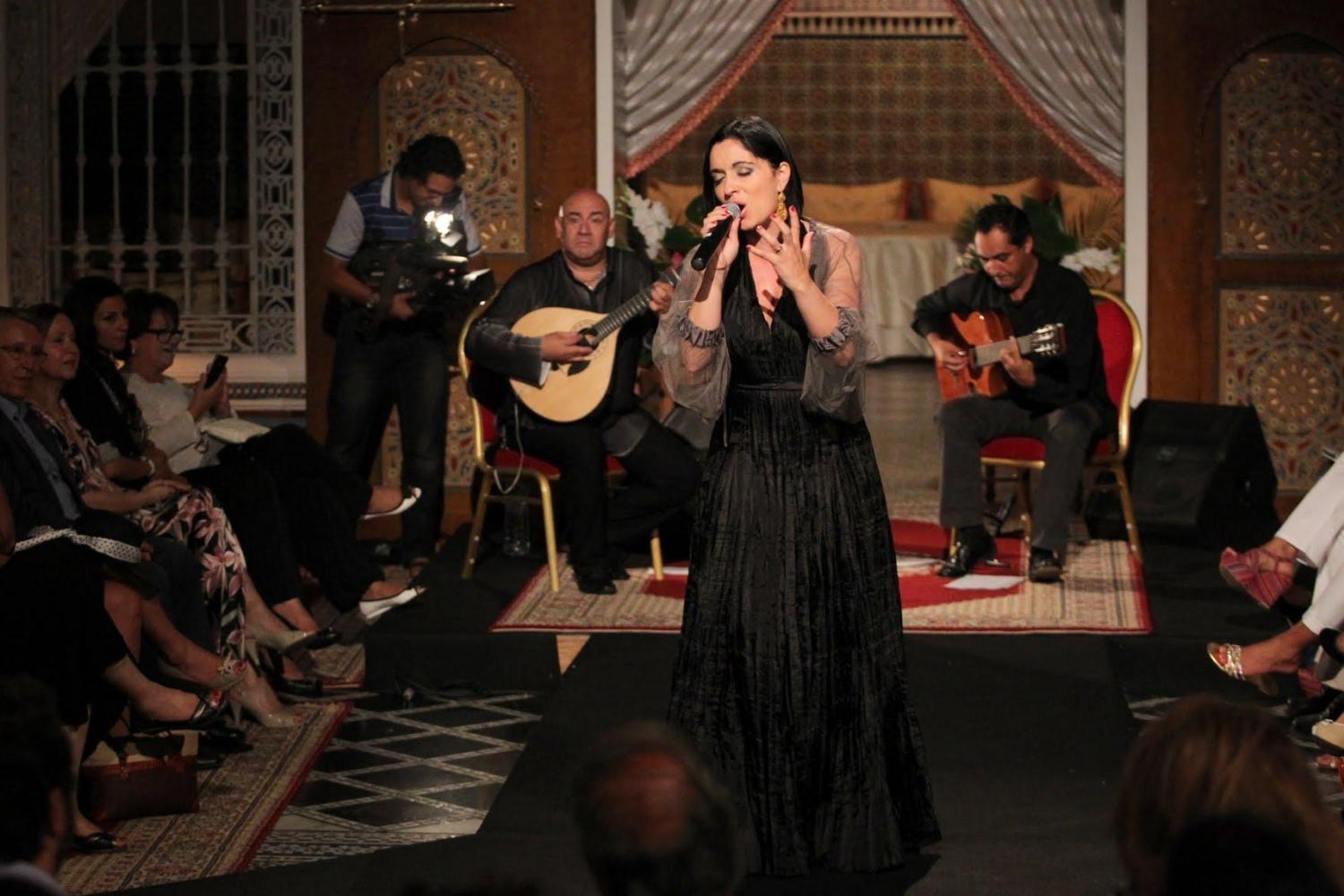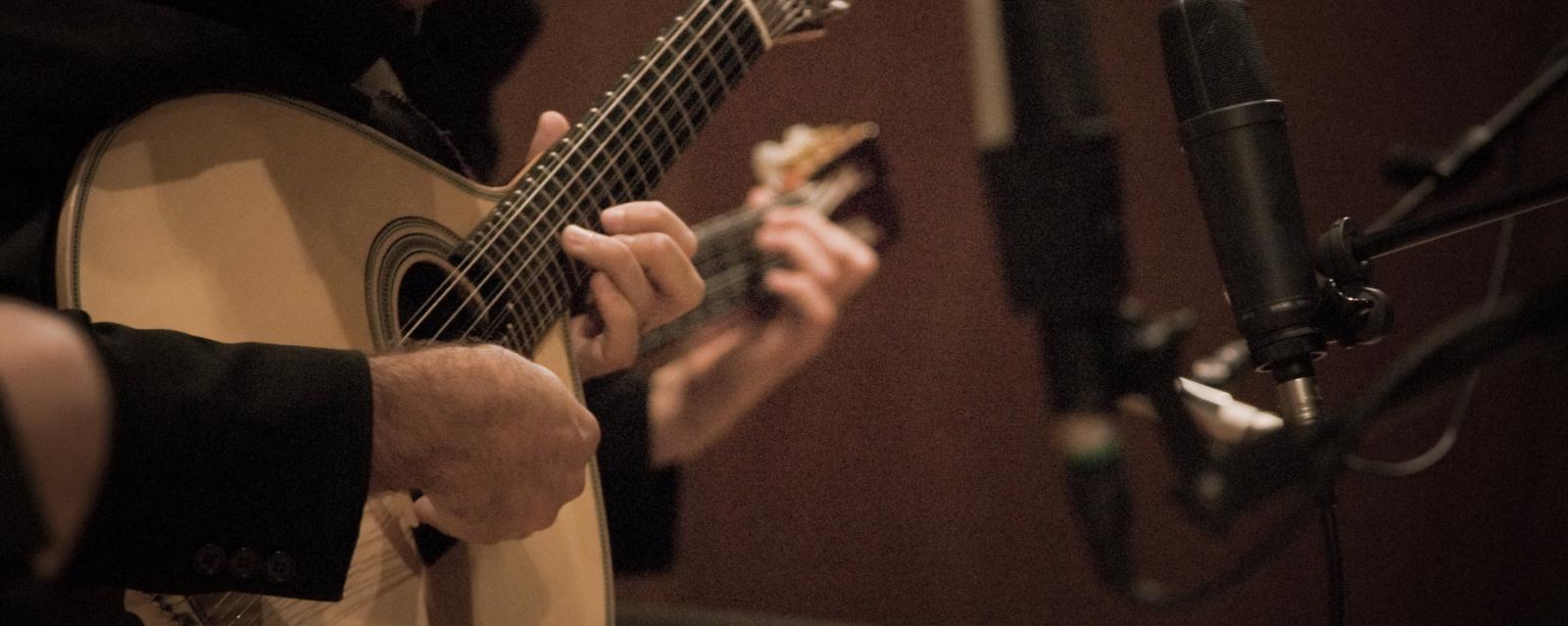Culture & Art
Fado, Music of the Portuguese soul
9 years ago - Pauline P.
Registered in the Intangible cultural heritage of humanity by the UNESCO in 2011, Fado is not regional music like so many others, only popular and usually appreciated by older people. Fado, on the contrary, is the soul of the Portuguese people, a lament universally respected in the country, so much that the remains of the singer Amalia Rodrigues, known as the queen of fado, lies in the Lisbon National Pantheon.
To discover a whole section of the Portuguese culture, let yourself be swept away by the emotion of fado in one of the bars or restaurants where fadistas (fado singers) perform every night, you will most likely be moved by it.
Fado, Pillar of the national identity
This typical music, accompanied by plucked string instruments, mostly guitars, exploits the recurring themes of lost or impossible love , the past and death, sorrow and exile...
The word fado comes from the Latin “Fatum”, which means "Destiny": the fate of sensitive people and nostalgic of their past.
The origins of fado music remain unclear, although it is recognized that it appeared on the docks of Lisbon in the 1820s: it would be a drift of traditional songs sung by Portuguese sailors, or a mix of Brazilian and African music that resounded on these docks. First sung in popular neighborhoods, fado was then gentrified and professionalized: Maria Severa is the first recognized fadista, in the 1850s.
Two variants of Fado are distinguished:
The Fado of Coimbra, in a university town in the center of the country, sung only by men. This is academic singing, practiced in universities, where scholar singers, dressed in black capes, cater to students to entice them. They tell them about the city and the Rio Mondego river that runs through it, of student life and of love, and also take in and use the texts of great Portuguese poets.
In contrast to the Coimbra fado, the Fado of Lisbon comes from the popular neighborhoods of the city. It usually tells small typical stories of everyday life, and can be sung by women as well.
The modern fado is now known beyond the Portuguese and European borders thanks to the famous Amalia Rodrigues, known as the "Queen of Fado", who recorded no fewer than 170 records during her career. Currently, a new generation of Fado singers has risen and is making this music very much popular, to name a few; Antonio Zambujo, Ana Moura, Mariza or Cristina Branco.
Where to listen to Fado music in Lisbon? Our “must” locations
For a total immersion in the Portuguese culture, enter the door to one of the many bars or restaurants where Fado singers perform every evening:
Fado em Si, in the Alfama district, there’s an institution where all the great names of Fado have been produced. Fine food, 4 to 5 professional Fado singers each evening offering a high quality service to an attentive and respectful audience: the ideal condition to discover the great Portuguese tradition of Fado. Arco de Jésus 7, Alfama, 1100-037
Museu do Fado (Museum of Fado), where an open-air concert is regularly displayed out on the terrace. To discover all of the history of Fado… Largo do Chafariz de Dentro 1
Duetos da Sé, near the Cathedral of Lisbon, a hybrid concept is displayed between food, culture and music. This place is recognized for the quality of its Fado music but also for other styles of Portuguese music. Take a look at the program before you get there! Travessa Almargem 1B
Senhor Vinho, one of the most legendary Fado houses of Lisbon. Opened in 1975 by the famous Fado singer Maria da Fé and her husband, this has become an important cultural place of the Portuguese capital. Many talents have performed there like Ana Moura and António Zambujo, the famous Fado singers of the moment. Rua do Meio à Lapa 18












